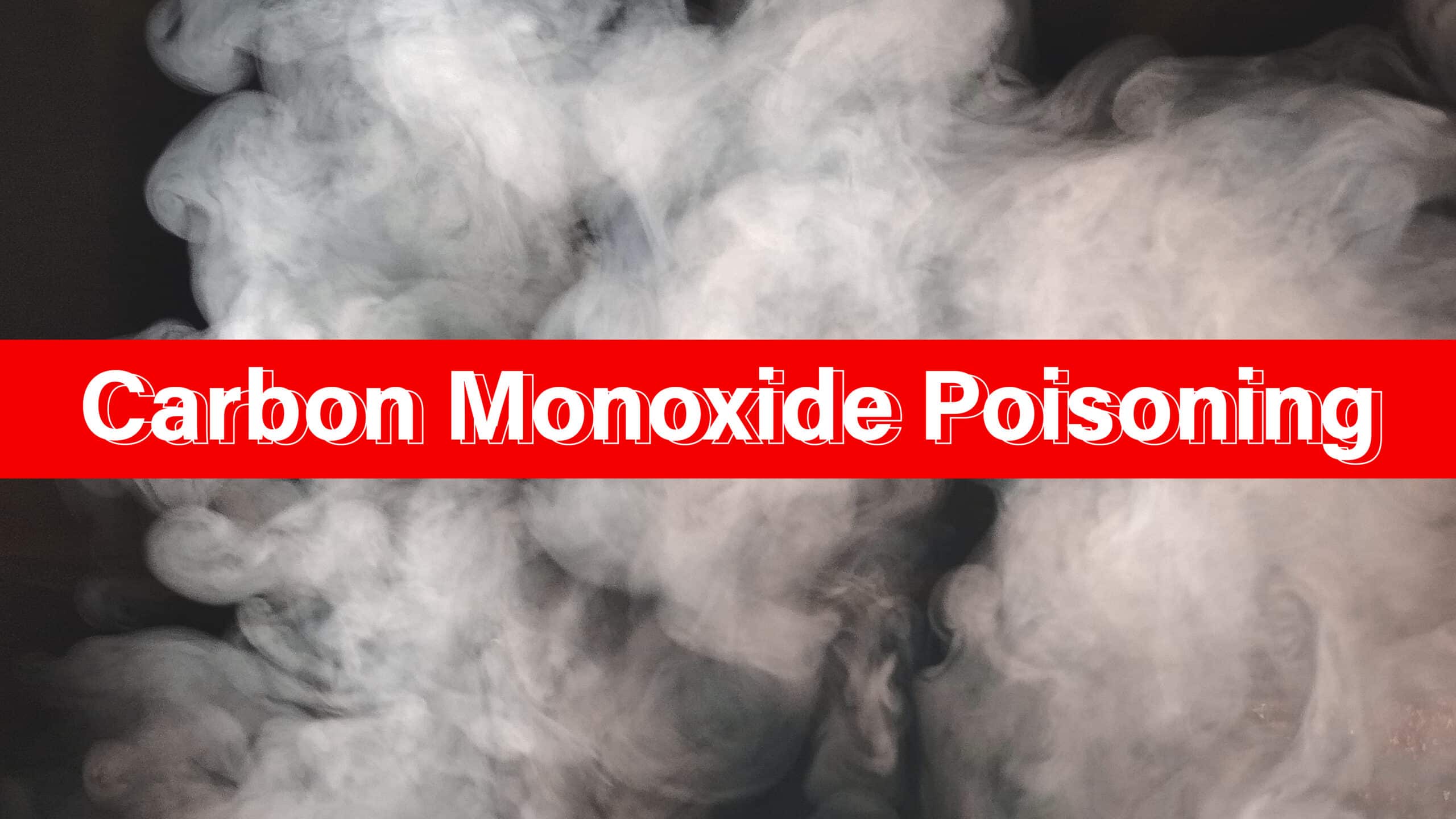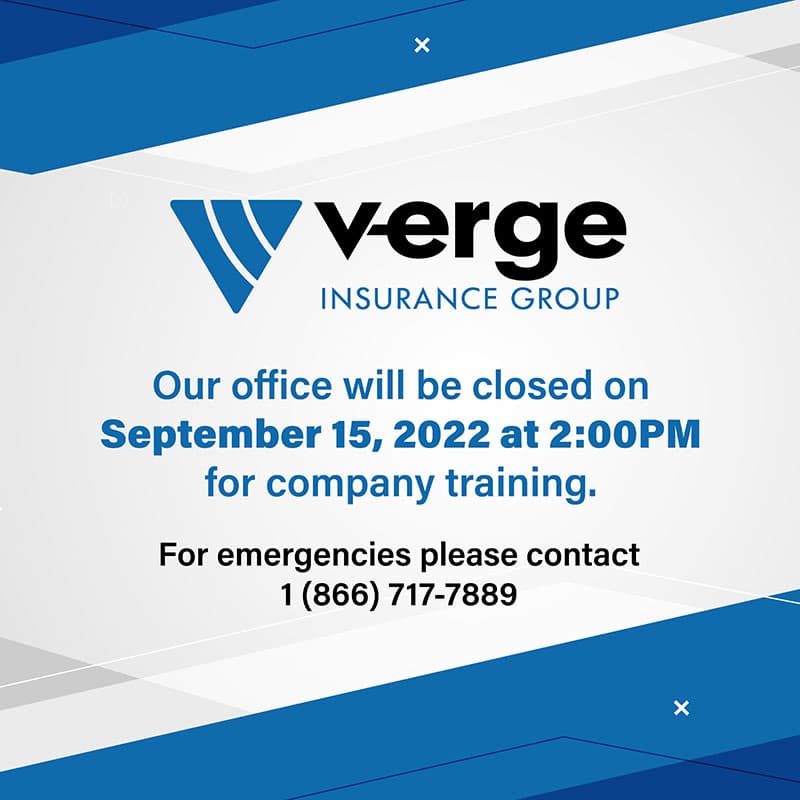
Avoiding Carbon Monoxide Poisoning
May 13, 2022
Carbon monoxide (CO) is a byproduct of combustion. This gas is odorless, colourless and tasteless, so it can be very difficult to detect. CO prevents your body from absorbing oxygen properly, which deprives your heart, brain and other organs of the oxygen they need to function. Prolonged exposure to this gas can cause CO poisoning. Key symptoms of CO poisoning include:
- Headache
- Chest tightness
- Nausea
- Fatigue
- Drowsiness
- Dizziness
CO poisoning is the most common form of fatal gas poisoning in the workplace.
In severe cases, CO poisoning can lead to death. If your job puts you at a higher risk of CO exposure, it is especially important to understand the risks of CO poisoning and the ways you can avoid it. Here are some tips to protect yourself and your co-workers from CO poisoning:
- Do not use gas-powered engines in enclosed spaces. If gas-powered tools are used in spaces with insufficient ventilation, CO accumulation is more likely and can occur faster. Be sure the space in which you are working is properly ventilated. Also, avoid using or running gas-powered engines near fresh air intakes, as CO could travel inside through the intake system.
- Avoid overexertion in the presence of CO. As your body works harder, more oxygen is needed to maintain functionality. However, with CO in the air, your body will take in that gas (instead of oxygen) at an increased rate, speeding up the process of possible CO poisoning. If CO is suspected, stop working and leave the area immediately.
- Know the proper procedure for handling a CO poisoning victim. If a co-worker is experiencing CO poisoning, move the victim to fresh air or an open space, then call 911. If they are not breathing, administer CPR (if you are trained to do so) until medical professionals arrive.
- Report situations that may cause CO to accumulate. Consult your supervisor to discuss any issues that may arise regarding CO safety at work.
For more information on occupational CO hazards, talk to your supervisor.
Recommended
- Manufacturing
- Life Insurance for Your Business
- Prevent Fall-Related Injuries At Work
- Combustible and Flammable Liquid Safety

